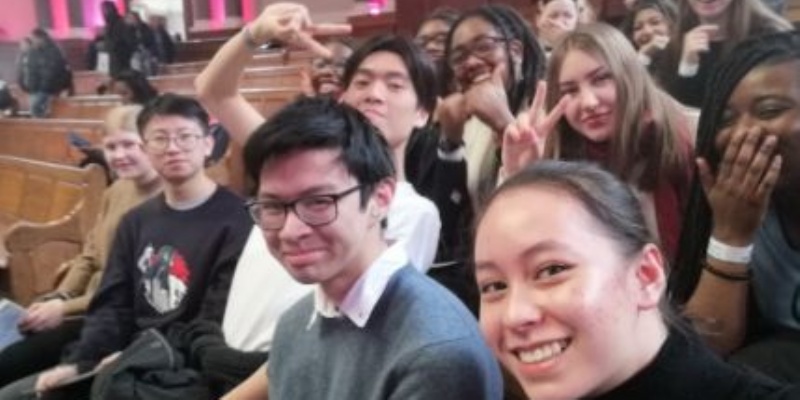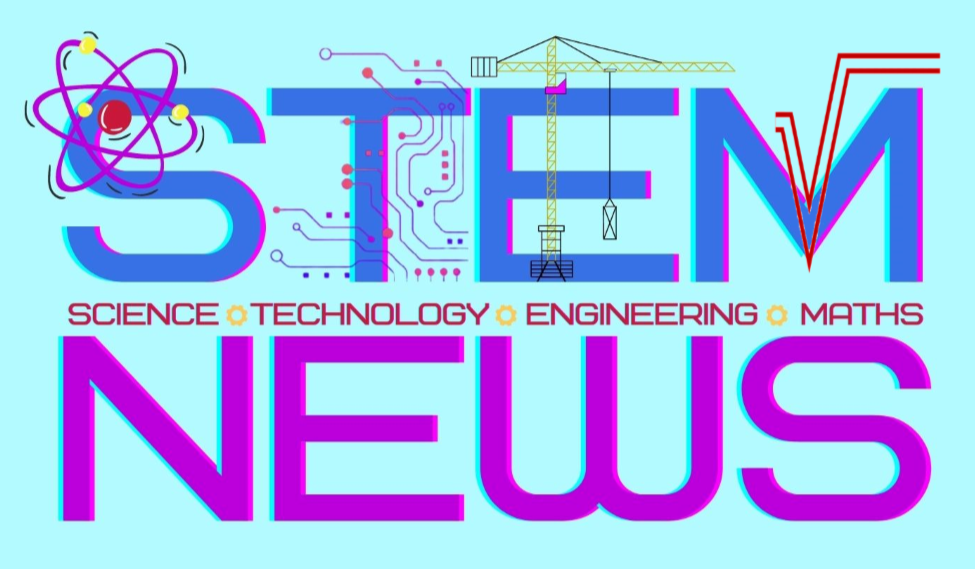British Science Week 2024

Chemistry in Action
On the 29th February, myself and a group of higher chemistry students went to the Chemistry in Action lecture at the Emmanuel Centre in London. In this lecture we gained an insight into multiple fields of chemistry that we could go into in the future and their current ideas and innovations in solving problems with society, the environment and industry.
We learnt about the current progress in making batteries more sustainable by finding more environmentally friendly alternatives for their components while also trying to increase their effectiveness in supplying and storing energy.
In nuclear chemistry we were informed about the ways that nuclear waste can be recycled in order to decrease the amount of high level nuclear waste. Some fission products can be used in medicine to target metastatic cancer cells and in space exploration in the form of nuclear batteries. They debunked misconceptions and explained in detail how nuclear waste is disposed of and how rigorous safety regulations are, which definitely helped ease a lot of our fears about the disposal of nuclear waste affecting the environment.
Then there was a panel of Chemistry graduates who gave their experiences in university and career decisions. We could go into chemical engineering, with study years abroad, and write a PhD on a cell's chemical signals or work in industry in analytical chemistry and do an iterated Masters, or even do an apprenticeship and specialise in crystallisation of medicine. What connected all of their experiences together was a love and curiosity for chemistry.
Since important tests are coming soon, a professional chemistry marker explained and clarified the questions on the papers and helped us avoid common errors in regard to the command terms in the question. As usual, always read the question.
An “Accidental” Material Chemist explained how she became passionate about material chemistry through opportunities offered by university and international competitions, pushing science to its limits. She also wrote a PhD on creating a type of composite pellet that would be viable as a sustainable container of hydrogen to power cars, which involved lots of hands-on practical work and exploring different ratios of material to see new properties.
Finally, we learnt about the ways that synthetic chemistry can help diseases like snake bites in the tropics (a commonly disregarded illness). Current treatments include antivenoms which rely on knowing the species of snake for a specific medicine or having to deal with multiple horrible side effects from receiving many different antivenoms. Antivenoms are also really expensive, hard to synthesise and hard to transport due to their temperature requirements, so chemists have been trying to synthesise glycopolymers in order to replicate the properties of antivenoms in order to diagnose and treat snake bites while also increasing accessibility of healthcare to all people.
This was a fantastic learning experience which broadened our horizons with what we can do with the field of chemistry in the future.
Adrianne Yu-Mason, Year 12
This was a fantastic introduction to British Science Week which commences on Friday 8th March, so please look out for more STEM events organised by the Science Department.
Mrs Moore, Head of Science

